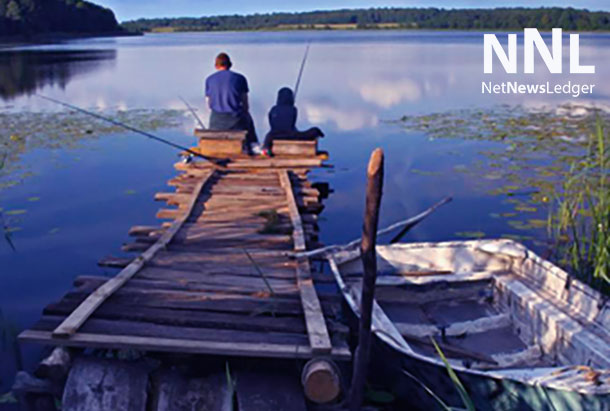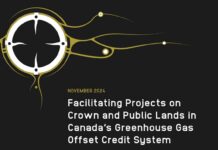
EDMONTON, AB – ENVIRONMENT – Most of us take nature for granted. In economic terms, we effectively ignore its benefits, including clean water, clean air, healthy soil for growing food, vibrant forests for building our homes and many ecological services.
Wetlands, arguably one of the most important natural assets in Canada, also provide important ecological services that include clean water, a massive carbon bank account, protection against flooding, and habitat for ducklings and other animals.
Yet governments, businesses, conservation organizations, and communities across Canada have no idea how important these wetlands and natural assets are because they are not formally counted in our economic accounts, like the GDP (gross domestic product). Nor is there any accounting of wetlands as ‘natural assets’ on municipal, provincial, national and corporate balance sheets.
Even though we know you can’t run a business without a balance sheet outlining its assets and liabilities, we run our nation, our provinces and our cities without knowing how natural capital assets, like wetlands, deliver well-being benefits to society.
Last week, Ducks Unlimited Canada released the first report of its kind – A Genuine Return on Investment: The Economic and Societal Well-being Value of Land Conservation in Canada – on the real value of Canada’s wetlands and how they deliver a genuine well-being impact to the lives of all Canadians.
The report – written by me and my colleagues – establishes a strong ‘business case’ for the conservation of wetlands and other natural lands in Canada by demonstrating how their conservation contributes to what I call a Well-being Return on Investment to society.
In our study we demonstrated that one federal or provincial government dollar invested in wetland conservation by Ducks Unlimited on January 1st will be returned to government coffers by July 17th of the same year. We also calculated that for every $1 invested in the conservation programs of Ducks Unlimited Canada, Canadians receive about $22 in benefits. In fact, Ducks Unlimited’s $93.5 million in average annual expenditures (between 2008 and 2012) resulted in 969 jobs, $59.6 million in salaries, $77.1 billion in GDP benefits, tax revenues to governments, $208 million per year in nature-related recreation benefits and $4.27 billion worth of unpriced ecological services.
By any measure, that’s an impressive return on investment for conserving the value of some of Canada’s most important assets.
The report is important for several reasons. First, it establishes the accounting protocols for measuring the true value of natural assets like wetlands to society. Second, it shows conservation organizations like Ducks Unlimited or the Nature Conservancy of Canada how to legitimately ‘book’ natural assets on their respective balance sheets (something they have not done until now). This allows them to demonstrate to donors and government funders that conserving these natural assets are in the long-term economic, ecological and societal interests of all Canadians. Third, the study shows how resource companies and governments can begin to account for natural capital as assets in their respective accounting and performance measurement systems. The benefit is that we can make better investment decisions about how to make the best use of Canada’s abundant natural capital assets by measuring what matters most to our well-being.
Ducks Unlimited Canada has set an important precedence in natural capital accounting. By protecting wetland habitats for ducklings it has also secured significant well-being benefits to all Canadians, with a return on investment that would make all of us feel good, especially the ugly ducklings.
It’s time we started measuring what matters most to our well-being, starting with accounting for the genuine value that nature provides daily, free of charge.
Mark Anielski is an ecological economist and president of Anielski Management Inc.
Source: Troy Media






